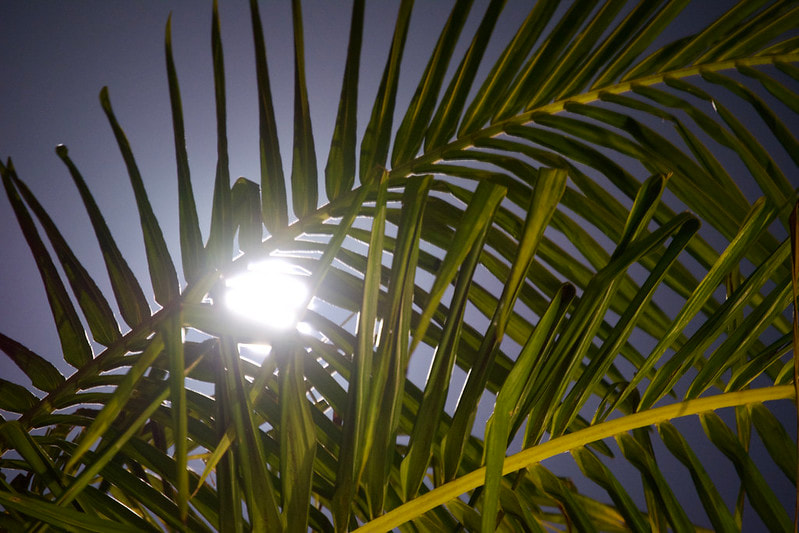|
During the celebration of the Feast of Tabernacles the Israelites cut branches from three different trees--the palm, the myrtle, and the willow. The branches were an integral part of their celebration that included remembering their wilderness journey. According to Rabbi Jonathan Cahn, the people were reminded of the desert plains by the palms, the desert mountains by the myrtle, and the desert brooks that gave them water by the willow. Yearly, the Jews celebrate the journey of life as they remember the wilderness times that led them to the Promised Land.
The Feast of Tabernacles is a celebration of the harvest and a time of remembering God's provision and protection in the wilderness. It is referred to as "The Feast" because it is the culmination of all the Biblical holy days and is a time to meet with God. It actually points toward the culmination of God's redemptive plan and represents the final stage of His plan of salvation. The Feast is a fore-shadow of the millennial kingdom. The prophet Zechariah tells us that "The Feast" or Sukkot, will be celebrated in the millennial kingdom: "Then the survivors from all the nations that have attacked Jerusalem will go up year after year to worship the King, The Lord Almighty, and to celebrate the Feast of Tabernacles. If any of the people of the earth do not go up to Jerusalem to worship the King, the Lord Almighty, they will have no rain. If the Egyptian people do not go up and take part, they will have no rain. The Lord will bring on them the plague He inflicts on the nations that do not celebrate the Festival of Tabernacles." (Zechariah 14:16-18) The feasts of the Lord were appointed by God before Jesus was born. We can read how they were celebrated in the Old Testament. However, they would have lacked authority because they were not celebrated under the authority of the name of Jesus. Now, we can see Jesus revealed in the feasts. We must look forward to that day when He returns as a triumphant King on a white horse. (Revelation 19:11) Believers from every nation, tribe, people, and tongue will worship Him, waving palm branches before Him. Do not miss the significance of the week of celebrating the Feast of Tabernacles; it is rich in symbolism. Contemplating these times appointed by God can bring us into a deeper communion with Him. We must celebrate our journey of life. The wilderness is a symbol for our life on earth now, and the Promised Land is a symbol of heaven. That is our goal! Rabbi Cahn says, "Remember, in heaven, you will give thanks for the heavenly road you're walking on right now, on your way to the Promised Land." Why not pause and reflect on your journey during this season? Life is full of struggles, sorrows, and disappointments along with times of joy, fruit bearing, and harvest. God's plan for us is written about in John 15:8. "This is my Father's glory, that you bear much fruit..." The journey is meant to strengthen us and point us in the direction of our ultimate destination—Heaven! Let us meet with the Lord during this kairos (opportune or strategic) time at the table He sets for us. It is time to feast with Him as we look for His victorious return! |
Joan E. MathiasCategories
All
Archives
July 2024
|

 RSS Feed
RSS Feed